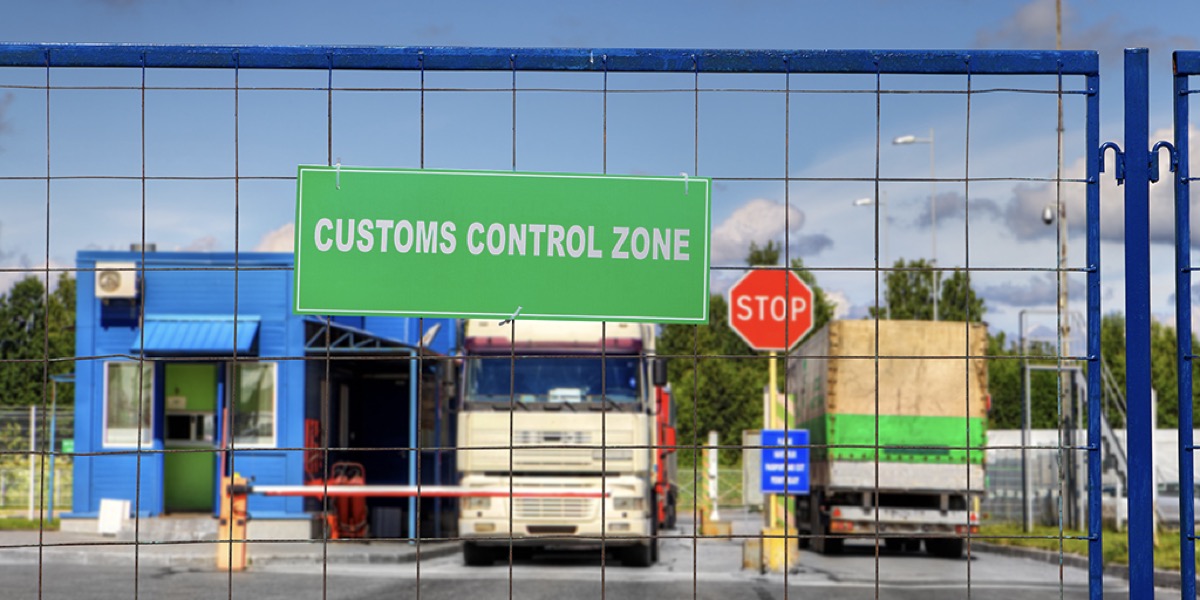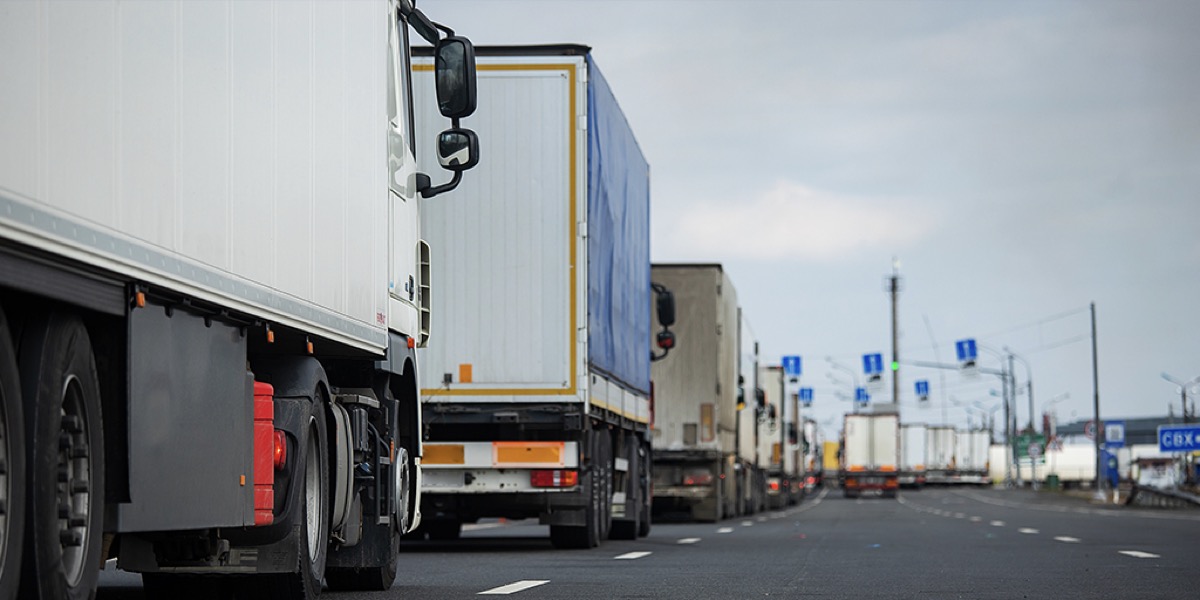In many professional sectors activity has come to a complete halt or has had to be restricted to the online sphere because of the coronavirus crisis. In other areas, however, the pandemic has demanded some extra effort from workers who have to be present on the job.
Health-care personnel, people who clean or deliver, supermarket employees, police and security forces… These are some of the professionals who have been elevated by the crisis to the category of heroes. And they include the transport workers, who must guarantee the supply of products during this quarantine period.
In the middle of March, the European Commission took a series of decisions so that the restrictions that member States were beginning to adopt –to try and contain the spread of the virus– would have the least possible effect on the free flow of essential goods and services by highway.

“Especially in times of crisis, we are all dependent upon guaranteeing that people have basic supplies,” said the Commission’s president, Ursula von der Leyen. That is why a few weeks ago it published a series of practical advice for applying its directives about managing borders.
Outstanding among these measures is the designation as “green lanes” of all internal European borders within the Trans-European Transport Network (TEN-T). These roads should be open to all vehicles transporting goods, regardless if what they are carrying.
The controls and inspections along these routes should be simplified and reduced to the necessary minimum. For example, now it is not necessary for a driver to get out of his vehicle to undergo these controls, and the only documents he must present are his national identity document or driving license.
Additionally, the Commission has asked member States to suspend restrictions on access of these vehicles to their highways, such as the prohibition against driving on weekends or at night.

To guarantee the unrestricted movement of these kinds of workers, it is recommended that restrictions be lifted to some movement, such as the quarantine on drivers who do not show symptoms of the infection. In addition, member states should not demand that transport workers carry a doctor’s certificate that attests to their good health.
All these measures were taken to guarantee the flow of essential products and services between the member states. As explained by Adina Vălean, the European Transport Commissioner, “Now, more than ever, we must have a collective and coordinated approach to cross-border transport. The green lanes are designed specifically to protect workers in the transport sector, who are on the front line of this crisis. This group of measures will facilitate their job, which was already stressful, and will make their work much safer and predictable.”